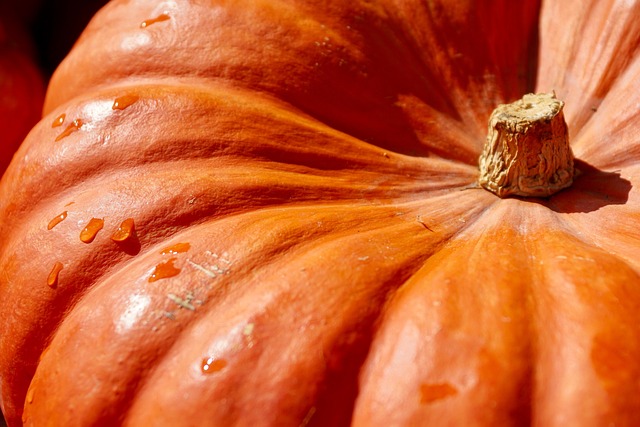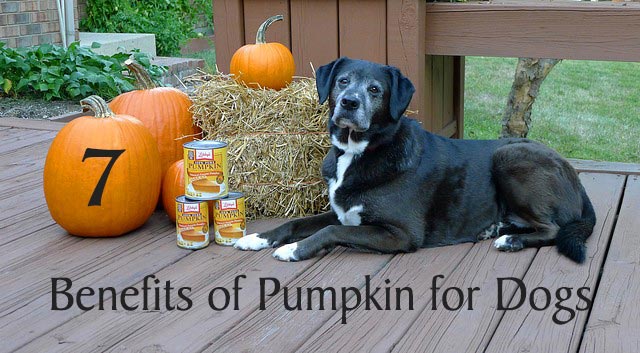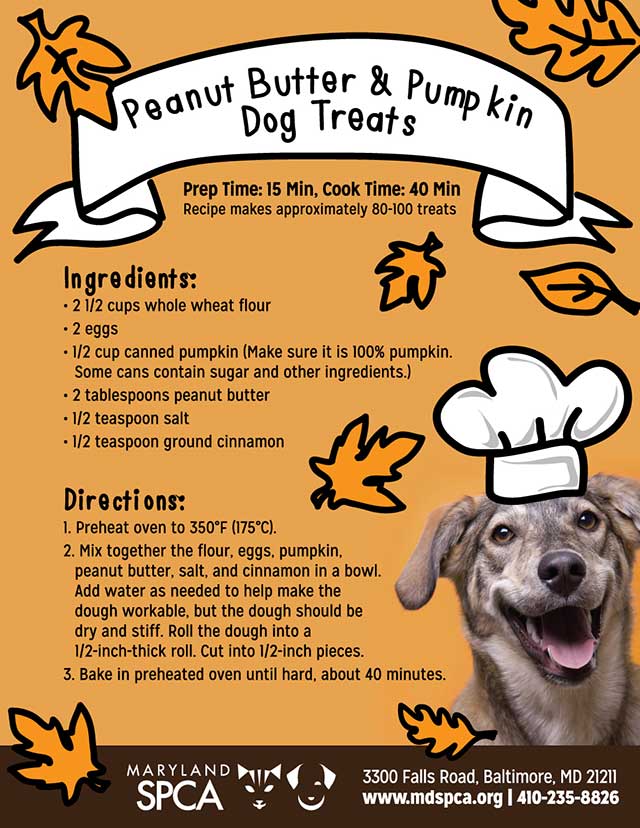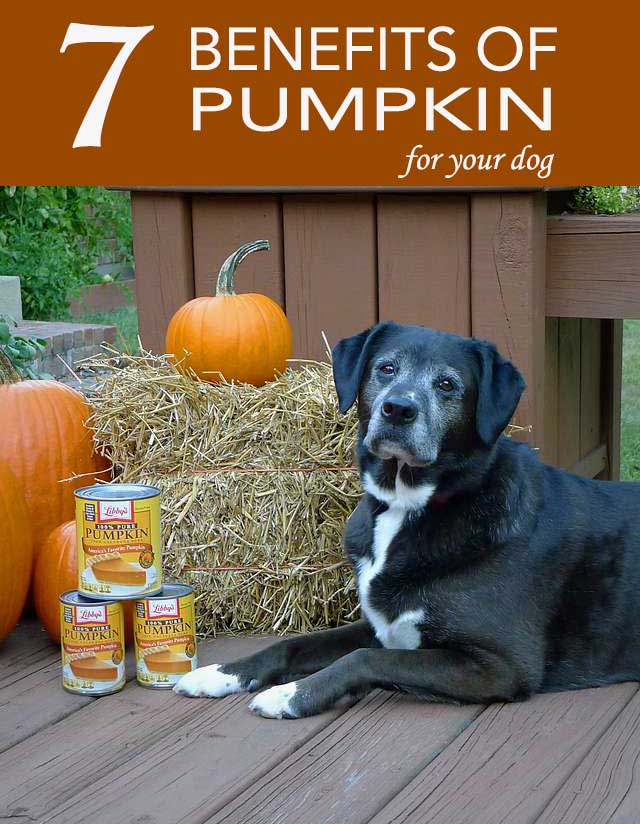Is pumpkin good for dogs with allergies

Can Dogs Eat Pumpkin? A Complete Guide

As a pet owner, you no doubt are always looking for ways to ensure that your pets are healthy and happy. One common question many dog owners have is can dogs eat pumpkin? The answer is yes, dogs can eat pumpkin, and this article dives into some of the benefits and potential concerns of adding pumpkin to your dogs diet.
Is Pumpkin Safe for Dogs to Eat?
Yes, pumpkin is generally safe and can be a healthy addition to your dogs diet when given occasionally and in small doses. It is high in nutrients and low in calories, which makes it a good choice for weight management in dogs. However, always consult a veterinarian before introducing major changes in your dogs diet. Here are some precautions to keep in mind:
- Moderation is Key: Too much pumpkin can cause digestive upset or nutrient imbalances.
- Plain Pumpkin: Use plain, cooked pumpkin. Avoid raw pumpkin and canned pumpkin pie mix, as it contains sugars and spices that are not good for dogs.
- Watch for Allergies: Although it is rare, some dogs could have an allergy to pumpkin.
- Consult Your Vet: Always check with your veterinarian before introducing any new foods into your dogs diet, especially if your dog has health issues or dietary restrictions.
In summary, pumpkin can be a healthy treat for dogs, but it should be introduced slowly and in moderation to ensure it agrees with your dogs digestive system.
How Much Pumpkin Can Dogs Eat?
When incorporating pumpkin into your dogs diet, its important to consider their size and weight to determine the appropriate amount. Heres a general guideline:
- Extra Small (<10 lbs): Start with a teaspoon of pumpkin and monitor their reaction.
- Small (10-25 lbs): For small dogs, one to two teaspoons of pumpkin is an appropriate starting point.
- Medium (25-60 lbs): Medium-sized dogs can typically have one to two tablespoons of pumpkin.
- Large (60-100 lbs): For large breeds, start with three tablespoons of pumpkin.
- Giant (100+ lbs): Giant breeds may have up to four tablespoons of pumpkin.
These are starting amounts and are able to be adjusted depending on how your dog reacts to the pumpkin. If you notice any digestive issues or negative reactions, reduce or stop feeding them pumpkin and consult a veterinarian.
Nutritional Benefits of Pumpkin for Dogs
There are many health benefits of pumpkin, including:
- High in Fiber: Pumpkin is rich in dietary fiber, which helps with digestion. It can help relieve constipation or diarrhea and with maintaining a healthy gastrointestinal tract.
- Low in Calories: For dogs needing to manage their weight, pumpkin is a great low-calorie snack.
- Rich in Vitamins and Minerals: Pumpkin is packed full with antioxidants and essential nutrients like vitamin A, vitamin C, and vitamin E, and even potassium and iron. These contribute to a dogs overall health, supporting immune system function, eye health, and skin.
- Hydration: With a high water content, pumpkin can be a good hydration source, especially for dogs that dont usually drink enough water.
How to Feed Your Dog Pumpkins
There are a few precautions and considerations you should take into account when feeding pumpkin to your furry friend:
- Consult Your Veterinarian: Before adding pumpkin to your dogs diet, consult your veterinarian, especially if your dog already has health issues.
- Start Small: Introduce pumpkin slowly and in small amounts to avoid upsetting your dogs stomach.
- Proper Preparation: Use pumpkin that is plain and has been cooked. Avoid fresh pumpkin, pumpkin skin, the stem, or the leaves, as they are harder for dogs to digest. Steer clear of canned pumpkin pie mix.
- Monitor Your Dogs Reaction: Observe any changes in your dogs behaviour or stool. Discontinue if any adverse reactions occur.

Preparation Tips
- As a Treat: Offer cooked pumpkin as a treat. You can also freeze small portions for a refreshing snack or try roasting it (ensuring it has cooled down before serving).
- Mixed with Meals: Mix a small amount of pumpkin with your dogs normal food to enhance its fiber.
- Homemade Pumpkin Dog Treats: Prepare homemade dog treats using pumpkin as a key ingredient, such as a homemade pumpkin puree or frozen pumpkin treats.
Potential Risks and Considerations of Dogs Eating Pumpkin
While pumpkin is generally safe for dogs to eat, there are certain risks and precautions to keep in mind when feeding your dog pumpkin. Some of these include:
- Allergic Reactions: Although rare, some dogs may be allergic to pumpkin. Watch for signs of an allergic reaction, including itching, hives, swelling, or difficulty breathing.
- Overconsumption: Too much pumpkin can lead to an upset stomach, diarrhea, or even a nutrient imbalance.
- Interactions with Medication: Pumpkin can interact with certain medications. Consult your veterinarian if your dog is on medication.
Remember, pumpkin should be a supplement to your dogs regular diet and not a primary ingredient. Its best to introduce it slowly and ensure it is plain and cooked pumpkin without any added sugars or spices. Always consult with your veterinarian before making major changes to your pets diet, especially if your dog has certain health conditions or dietary needs.
Allergies
While pumpkin is generally safe for most dogs, the pumpkin flesh could possibly cause allergies in some cases. Here are some possible allergic reactions to look out for:
- Skin Irritations: This can include itching, redness, rashes, or hives. Your dog might be scratching a lot or developing skin irritations.
- Gastrointestinal Issues: Vomiting, diarrhea, or an upset stomach can occur, which may be signs of an allergic reaction or just a general intolerance to pumpkin.
- Respiratory Problems: Although it is less common, some dogs may experience respiratory issues such as coughing, wheezing, or difficulty breathing.
- Ear Infections: In some cases, food allergies can lead to ear infections, with symptoms like redness, discharge, or odor coming from the ears.
- Lethargy or Behavioural Changes: Any significant change in energy levels or behaviour after eating pumpkin could be a sign of an allergic reaction.
Pumpkin can be a healthy addition to your dogs diet when introduced properly and in moderation. It offers various nutritional benefits and can be a tasty treat for your pet. However, If you suspect your dog is allergic to pumpkin, its important to stop feeding your dog pumpkin immediately and contact a vet to provide a proper diagnosis and treatment plan. Be sure to always monitor your dog closely and note any further signs of distress or discomfort to tell your vet. With the right approach, pumpkin can be a delightful and nutritious supplement to your dogs regular diet.
FAQ
Can Dogs Eat Pumpkin Seeds?
When it comes to feeding dogs pumpkin-related foods like pumpkin seeds, its important to be cautious and informed.
Dogs can eat pumpkin seeds, but there are some important considerations:
Preparation: The seeds should be cleaned, peeled, and roasted without any added salt or spices. Raw or salted seeds can be harmful. Serving Size: Feed them to your dog in moderation due to their high fat and calorie content. Too many can lead to gastrointestinal upset or an imbalanced diet. Grinding: Its often recommended to grind the seeds before adding them to your dogs food, as whole seeds can be a choking hazard and are harder to digest.
Can Dogs Eat Pumpkin Pie?
Generally, its not advisable to feed dogs pumpkin pie for a few reasons. Namely, pumpkin pies typically contain sugar and spices (like nutmeg and cinnamon), fats, and even xylitol, all of which are not good for dogs. Nutmeg, in particular, is toxic to dogs. Additionally, many pies contain dairy products and eggs, which can cause digestive upset in dogs, especially those with lactose intolerance or allergies. Always prioritize your dogs health and dietary needs, and when in doubt, consult with a veterinarian.
Can Dogs Eat Canned Pumpkin?
Yes, dogs can eat canned pumpkin, but make sure there are no added preservatives or spices of any kind. Plain canned pumpkin is fine for dogs to eat, but always make sure to consult a vet before incorporating new foods into your dogs diet.
Is Pumpkin Good for Dog Digestion?
Pumpkin can be very beneficial for a dogs digestion due to its nutritional properties. Pumpkin is a great source of soluble fiber, which absorbs water and can help soften the stools, making it particularly useful for dogs with constipation. Additionally, it can also help bulk up stools in dogs with diarrhea by absorbing excess water in the digestive tract. Pumpkin is gentle on the stomach and can be easily digested by most dogs, making it a suitable addition to the diet of dogs with sensitive stomachs or gastrointestinal issues.
Recipes
When incorporating pumpkin into your dogs diet, its essential to stick with simple, healthy recipes that avoid ingredients that are harmful to dogs. Remember, introduce any new treat in small quantities to ensure your dog doesnt have an adverse reaction. Always consult your veterinarian before making significant changes to your dogs diet, especially if your dog has specific health conditions.
Here are some dog-friendly pumpkin recipes:
Pumpkin and Yogurt Frozen Treats
Ingredients:
- 1 cup plain yogurt (lactose-free if needed)
- 1/2 cup pumpkin puree
Instructions:
- Mix the yogurt and pumpkin puree until well combined.
- Pour the mixture into an ice cube tray or silicone mold.
- Freeze until solid.
- Serve as a cool treat, especially good for hot days
Simple Cooked Pumpkin
Steam or boil pumpkin (fresh or canned, but not pumpkin pie filling) until soft. Mash it up without adding any sugar, spices, or salt.
For related can dogs eat content, check out these articles:
Chasing Dog Tales
 Yay! The official start of the fall season is less than a week away and Im ready to celebrate its arrival! The temperatures are slowly dropping, all the kids are back in school and I saw the first pumpkins for sale last week. I know its a little early, but I just had to buy a few. Its almost time to make those pumpkin pies and seeing all the fall decorations reminded me to stock up on a couple of extra cans of pumpkin puree for Haley too. If you havent heard of the benefits of pumpkin for dogs, youll want to check these out!
Yay! The official start of the fall season is less than a week away and Im ready to celebrate its arrival! The temperatures are slowly dropping, all the kids are back in school and I saw the first pumpkins for sale last week. I know its a little early, but I just had to buy a few. Its almost time to make those pumpkin pies and seeing all the fall decorations reminded me to stock up on a couple of extra cans of pumpkin puree for Haley too. If you havent heard of the benefits of pumpkin for dogs, youll want to check these out!
7 Benefits of Pumpkin for Dogs
1. Pumpkin is great for helping to relieve digestive issues in dogs.
A lot of dog owners already know that pumpkin can help remedy diarrhea, but its also good for relieving constipation in dogs. Dogs that have IBS or require a bland diet may benefit from adding pumpkin to their food on a regular basis. Dr. Karen Becker explains more about how pumpkin is
The Perfect Bowel-Soothing Food for GI Upsets and Diarrhea.
2. Pumpkins are full of healthy goodness.
Pumpkins contain a lot of fiber while being low in calories, fat and cholesterol. You can tell by their orange color they contain a good amount of beta-carotene along with magnesium, potassium, iron, zinc, and vitamins A and C. Thats a lot of goodness wrapped in a festive, fall fruit. Yeah, it seems like it would be a squash, but its really a fruit.
3. Pumpkin seeds pack a healthy punch.
Pumpkin seeds contain plant-based, omega-3 fatty acids and antioxidants along with other beneficial nutrients such as magnesium, manganese, copper and zinc. Animal studies have shown promising results linking the properties of pumpkin seeds to improved insulin regulation and urinary health (prevention of kidney stones) and in reducing inflammation.
4. Pumpkin can help manage your dogs weight.
Pumpkin can add bulk and fiber to your pups diet without adding a lot of extra calories. The extra fiber means your dog will feel fuller while eating less calories, all while getting the additional health benefits pumpkin has to offer.
5. Canned pumpkin is convenient.
You can make your own cooked pumpkin puree but canned puree is convenient and available year round. Its an easy way to add lots of healthy nutrients to your dogs diet.
6. Most dogs love the taste of pumpkin.
Whats the point of buying healthy food if your dog doesnt like it, right? The fact that most dogs love pumpkin, is another reason why its a super food for dogs, especially if your pups upset stomach makes them picky about eating certain foods. Pumpkin is also unlikely to cause an allergic reaction in dogs that suffer from food allergies.
7. Pumpkin may have additional health benefits.
Besides the health benefits already mentioned, pumpkin may also improve skin conditions and produce a shinier coat. Researchers are also studying whether the amino acid, cucurbitin, found in pumpkin and pumpkin seeds may be a natural dewormer for tapeworm and other intestinal parasites.
Bonus:
Pumpkin is also good for cats! From aiding in digestive issues to preventing hairballs.
How Much Pumpkin Should I Feed My Dog?
It only takes a small amount of pumpkin each day to treat diarrhea or constipation problems in dogs and you need to be careful not to feed too much pumpkin because it is high in fiber. Normally the recommended amount is somewhere between a few teaspoons per day for small dogs to a few tablespoons or more for larger dogs. Its important to check with your vet first to get the recommended amount for the weight of your dog and to follow up with an appointment if digestive problems persist. If youre thinking about adding pumpkin to your dogs diet on a regular basis, discuss this with your vet as well and remember to slowly increase the amount of pumpkin so your pup has time to adjust to the increased amount of fiber.
Tips for Feeding Your Dog Pumpkin
- Make sure you buy the plain pumpkin puree and not the pumpkin pie mix which has sugar and spices added to it.
- Since canned pumpkin only lasts for about a week in the refrigerator, heres a great way to avoid throwing away any unused pumpkin. Simply freeze the extra pumpkin in ice cube trays and defrost them when needed.
- Never feed your dog carved Halloween pumpkins that have been sitting around because theyre likely full of mold and bacteria.
- Try making some dog treats with pumpkin, like the recipe below from the Maryland SPCA.
- Always keep a spare can of pumpkin puree on hand in case your dog gets an upset stomach, diarrhea or constipation.


Do you add pumpkin to your dogs diet? Have you ever used it to cure an upset stomach? Share your experience or tips on how you use pumpkin for dogs!









